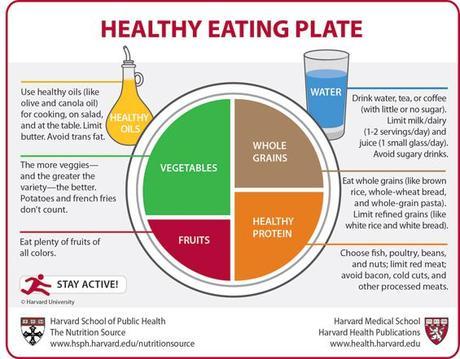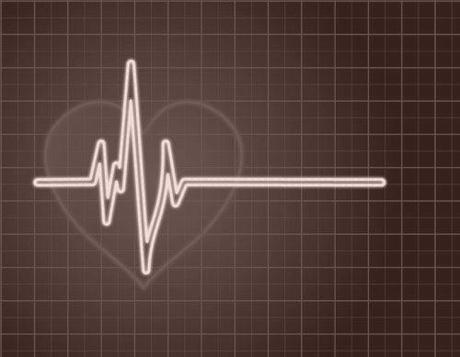 Photo credit: Sierra Club and Hannah Mayo Photography I recently received a comment from a reader who had just started thinking about making some healthy lifestyle changes, and wanted some tips on how to get started.She told me that she felt overworked, stressed, tired, and was eating fast food or junk food just to get through the day. Overhauling her whole lifestyle was just too overwhelming, and she had reached out to see if there were just a few small things she could do to get healthy.I completely understood where she was coming from.It’s really hard to break old habits, especially when you’re stressed about a bunch of other things. Falling into old habits is comforting and dependable. The good news is: living a healthier lifestyle doesn’t mean you have to change everything you do every day. You can make small, incremental changes that will make a big difference in your life!So as a tribute to this reader, I was inspired to write this post:The Picky Eater’s 6 Steps to a Healthier YouStep #1: Move More.
Photo credit: Sierra Club and Hannah Mayo Photography I recently received a comment from a reader who had just started thinking about making some healthy lifestyle changes, and wanted some tips on how to get started.She told me that she felt overworked, stressed, tired, and was eating fast food or junk food just to get through the day. Overhauling her whole lifestyle was just too overwhelming, and she had reached out to see if there were just a few small things she could do to get healthy.I completely understood where she was coming from.It’s really hard to break old habits, especially when you’re stressed about a bunch of other things. Falling into old habits is comforting and dependable. The good news is: living a healthier lifestyle doesn’t mean you have to change everything you do every day. You can make small, incremental changes that will make a big difference in your life!So as a tribute to this reader, I was inspired to write this post:The Picky Eater’s 6 Steps to a Healthier YouStep #1: Move More.  When we were little kids, it was easy to get a day’s worth of exercise in – since as a kid, you’re basically running around all day. But once you move into post-college life, you end up spending most of the day sitting down. A recent study showed that working professionals spend ~70% of all waking time in the seated position. How crazy is that?Tips to get moving: Stand every hour and stretch, park farther away, take the stairs. If you have a workplace that allows standing desks, get one! It has changed the way I work. Try to fit in a lunchtime walk – all you need is 30 minutes (which you can even do in two 15 minute chunks throughout the day). An added bonus: for every hour you spend standing still vs. sitting still, you burn 30 extra calories.
When we were little kids, it was easy to get a day’s worth of exercise in – since as a kid, you’re basically running around all day. But once you move into post-college life, you end up spending most of the day sitting down. A recent study showed that working professionals spend ~70% of all waking time in the seated position. How crazy is that?Tips to get moving: Stand every hour and stretch, park farther away, take the stairs. If you have a workplace that allows standing desks, get one! It has changed the way I work. Try to fit in a lunchtime walk – all you need is 30 minutes (which you can even do in two 15 minute chunks throughout the day). An added bonus: for every hour you spend standing still vs. sitting still, you burn 30 extra calories.Step #2: Sleep Well. 1/3 of your life is spent asleep so make it count. According to a study at Harvard, sleep boosts brain power, is relaxing, rejuvenating, strengthens immune function, and is a critical source of renewal and recovery.
Sleep should be enjoyed and celebrated – I mean, who doesn’t want to look as relaxed as these furry guys?

An added bonus: Getting lots of sleep can help with weight management. When you’re sleep deprived, you don’t feel energized, which means you’re less likely to work out and probably aren’t using your calories efficiently. A recent study found that sleeping for more than 9 hours a night could suppress genetic influences on weight and favorably affect BMI (body mass index). However, getting less than 7 hours had the opposite effect. Another study found that just looking at junk food while sleep deprived activated reward centers in a person’s brain — more so than those who got a sufficient amount of sleep — which could make that food harder to resist.
To get more/higher quality sleep: try to create a relaxing pre-sleep ritual – like reading or meditating – and power down at least 30-60 minutes before bed (that means step away from all the screens: phones, computer, TV, etc.).
Step #3: Eat Right.


Step #5: Get a Baseline.



